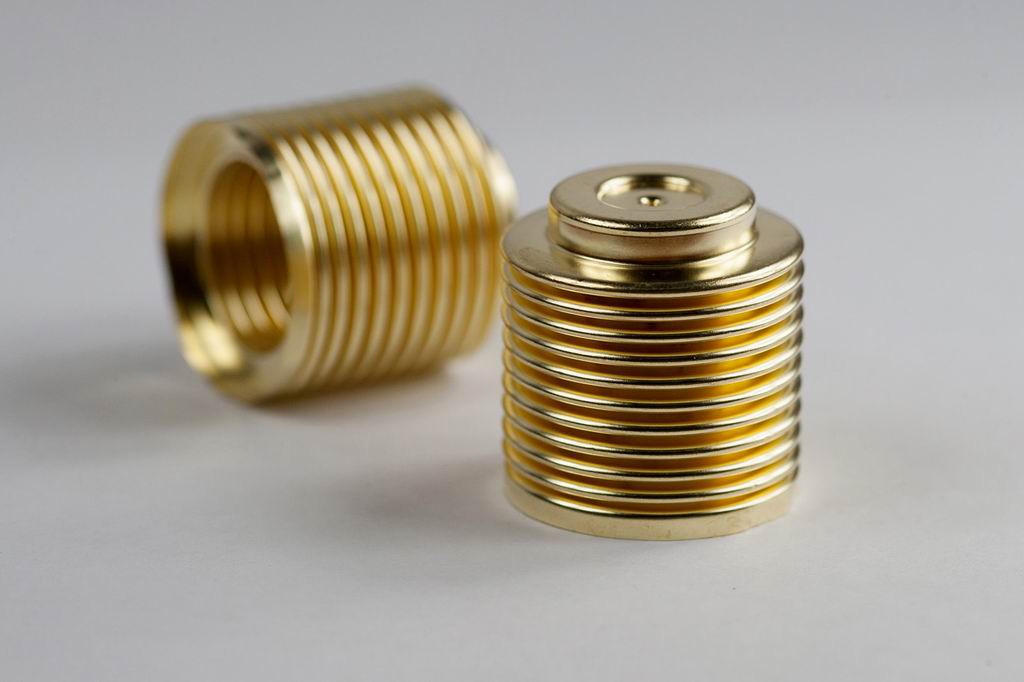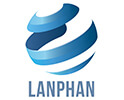
Tel:+86-371-67447999
Fax:+86-371-67447888
E-mail:enquiry@lanphan.com
Add:NO.68 Mengjin Road, Shangjie District, Zhengzhou City, Henan Province, China
The tensile, chemical, and physical properties of the flexible metal bellows material also play crucial and obvious roles in bellows performance. One key to the versatility of bellows in many different applications is the wide variety of metals, including following types.

Brass
A traditional and popular flexible metal bellows material with a low manufacturing cost, brass solders are easily on a par with today’s lead-free solders. Usually used in applications that involve an air medium, brass can withstand operating temperatures up to 300°F. Ultimate tensile strength ranges between 49 to 68 ksi.
Bronze
With a slightly higher tensile strength, better corrosion resistance, and better electrical conductivity than brass, bronze also offers a low manufacturing cost. Bronze solders as easily as brass, but can also be brazed for use in high-temperature applications. Bronze flexible metal bellows are often used in high-volume applications, such as appliances and HVAC equipment. For bronze, ultimate tensile strength ranges between 40 to 90 ksi.
Beryllium Copper
Beryllium copper (BeCu) is ideal for seamless flexible metal bellows. It features a high tensile strength ranging from 75 to 85 ksi, and electrical conductivity. Beryllium copper can be soldered or brazed. When age-hardened, beryllium copper holds length tolerances better than alternative bellows materials. Beryllium-copper flexible metal bellows are often favored in applications that require a small package size and demanding lifecycle requirements, including aerospace systems and instruments.
Monel
Monel is a nickel alloy that offers better corrosion resistance than brass, bronze, or beryllium copper. Monel is routinely welded, though it can be brazed, too. With similar mechanical performance to bronze, Monel is often used in corrosive environments, such as those containing steam or salt water. It features typical ultimate tensile strength of 80 ksi.
Stainless Steel
Bellows are manufactured from a variety of stainless steels, the most common of which are 316L and 321. Stainless steel has excellent tensile strength, making it easier to maximize stroke and minimize package size. Both 316L and 321 have a minimum tensile strength of 90 ksi. Stainless steels also have excellent corrosion resistance in multiple environments and media. Typically brazed or welded, stainless-steel flexible metal bellows withstand high operating temperatures. Stainless-steel flexible metal bellows applications include electrical interrupters, power transmission systems, and industrial controls.
Nickel
Nickel is a hard material with excellent corrosion resistance. Electro-deposited bellows are made from nickel, but the material is also useful as corrosion-resistant plating for other types of bellows. Used in an array of aerospace applications, nickel has a wide range of tensile strength, ranging from a min 50 ksi to a max 145 ksi.
